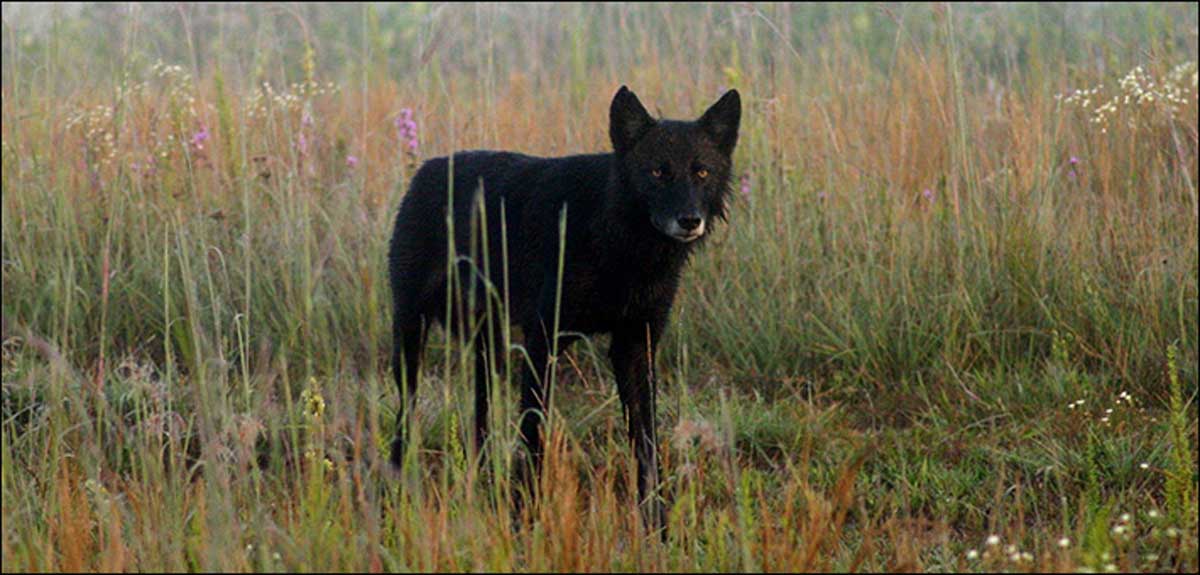Representatives Collin C. Peterson (D-MN) and Pete Stauber (R-MN) introduced a bill in the U.S. House of Representatives that would return management of the Western Great Lakes gray wolves to state control in Minnesota, Wisconsin, and Michigan.
“The Rocky Mountain Elk Foundation fully supports the efforts of Congressman Peterson to delist fully recovered wolf populations in the Great Lakes states. Wolves in Michigan, Minnesota and Wisconsin have far exceeded recovery goals for more than eight years,” said Kyle Weaver, RMEF president and CEO. “Wolves, left unchecked by a lack of state management through hunting and trapping, are negatively impacting deer, moose and elk populations. These states should have the opportunity to implement the same successful management programs already in place in Idaho, Montana and Wyoming, where wolf populations have recovered and continue to thrive.”
In December 2011, the U.S. Fish and Wildlife Service issued a final rule to delist Western Great Lakes gray wolves from federal protections. This decision was based on strong evidence that gray wolf population numbers had adequately recovered and states demonstrated suitable management plans to provide for the long-term conservation of a viable gray wolf population.
However, wolf management transferred from the state to the federal level in 2014 following litigation filed by environmental groups and two U.S. District Court decisions that reinstated wolves under the protections of the Endangered Species Act.
State wolf management plans in Michigan, Minnesota and Wisconsin show that populations currently vary anywhere from 150 to more than 300 percent above objective.
“Choosing between protecting their livelihood or complying with a federal judicial decision is a choice no farmer should have to make. The gray wolf population should be managed by the states, where it belongs. This is practical, bipartisan legislation that balances safety with gray wolf population management and urges states to consult with tribes early and often when crafting management plans,” Peterson said.
“Despite its evident recovery, the gray wolf remains listed due to arbitrary judicial decisions made thousands of miles away from gray wolf territory. In Minnesota, keeping the gray wolf on the Endangered Species List threatens our very way of life, as the animal cannot be deterred while attacks on family-owned livestock and pets increase,” said Stauber.
(Photo source: U.S. Fish and Wildlife Service)
